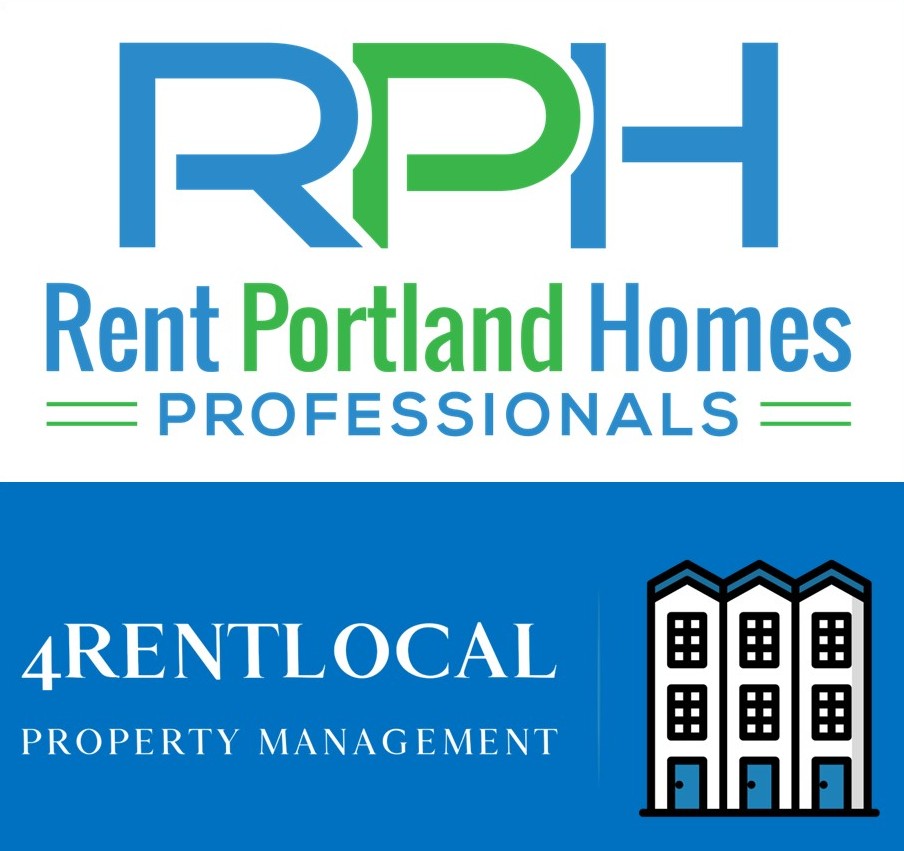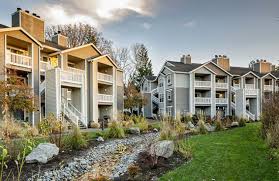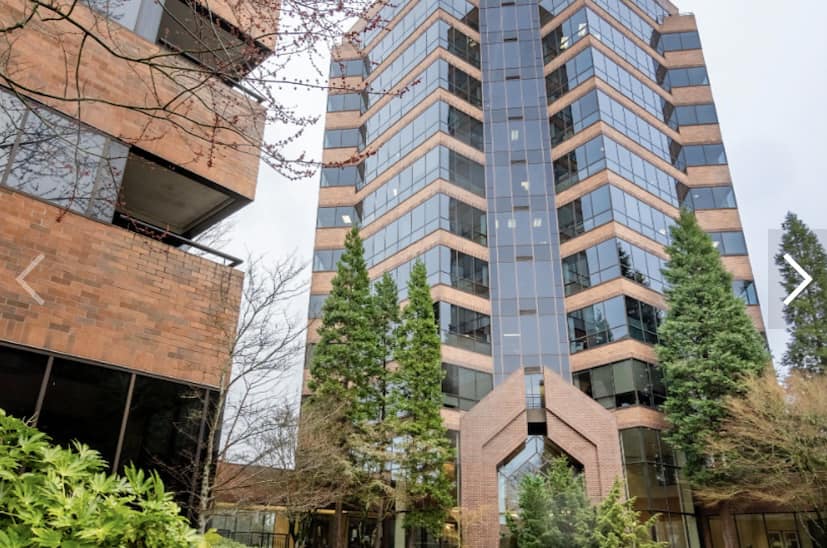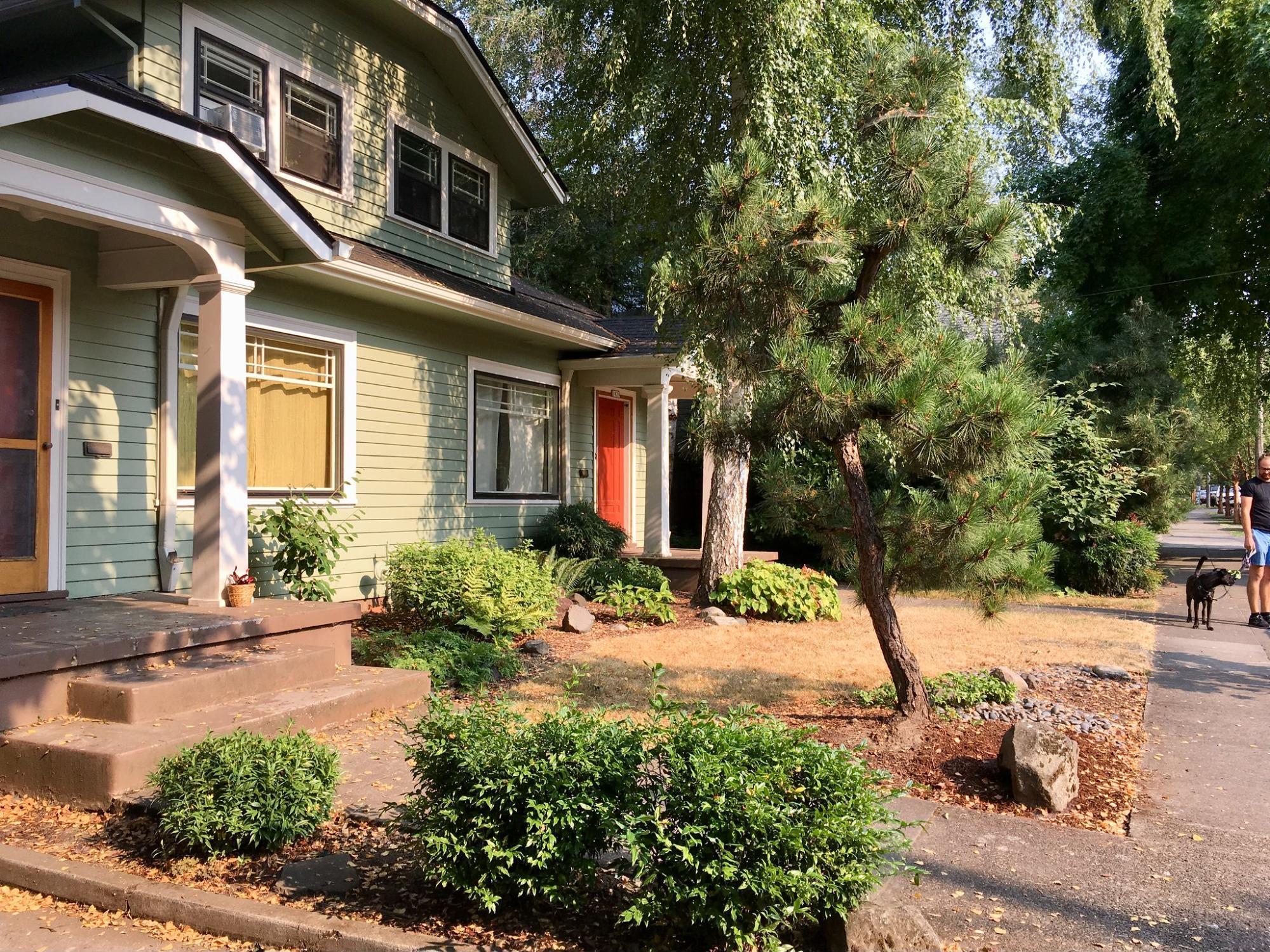How allowing pets in rental properties can benefit landlords
If you ask the average landlord, they will tell you their own opinion on allowing pets in rental properties because each landlord has had their own positive and negative experience with it.
The big question is allowing pets a good decision for your rental property? In this article, we will answer this question and provide you with tips on how to manage tenants who have pets living with them in their rental properties.
The Benefits of Allowing Pets in Rental Properties
There are several benefits to allowing pets in rental properties. First and foremost, allowing pets can increase your rental income. Tenants with pets are often willing to pay higher rent and stay in a property longer. Additionally, allowing pets can make it easier to fill vacancies as it expands the pool of potential tenants.
Allowing pets can also lead to more responsible tenants. Pet owners are often more responsible and careful with their living spaces as they want to maintain a safe and clean environment for their pets. Additionally, pets can provide an added layer of security, which can be beneficial for landlords.
Common Concerns About Pets in Rental Properties
While there are many benefits to allowing pets in rental properties, there are also some common concerns. One of the biggest concerns is damage to the property. Pets can cause damage to floors, carpets, and walls. However, landlords can mitigate this risk by requiring a pet deposit or pet fee.
Another concern is noise. Pets can be noisy, which can be a disturbance to other tenants. However, landlords can address this by setting noise rules and requiring tenants to keep their pets quiet.
Finally, some landlords may be concerned about allergies. However, this can be addressed by requiring tenants to disclose if they have any allergies and by cleaning the property thoroughly before new tenants move in.
Property Management Tips for Allowing Pets
If you decide to allow pets in your rental properties, there are several property management tips to keep in mind. First, make sure to create a clear pet policy that outlines the rules and regulations for pet ownership. This can include rules on noise, cleanliness, and behavior.
Second, make sure to require a pet deposit or pet fee. This can help cover any potential damage caused by the pet.
Third, conduct regular property inspections to ensure that the property is being properly maintained and that there is no damage caused by the pet.
Finally, make sure to have a plan in place for addressing any complaints or issues related to pets. This can include setting up a system for reporting issues and addressing them in a timely manner.
Pet Deposits and Fees
Pet deposits and fees are an important part of allowing pets in rental properties. A pet deposit is a refundable amount of money that is held in case there is any damage caused by the pet. A pet fee, on the other hand, is a non-refundable amount of money that is charged to the tenant for having a pet.
The amount of the pet deposit or fee will depend on the landlord’s policies. However, it is important to make sure that the amount is reasonable and in line with market rates.
How to Create a Pet Policy for Your Rental Properties
Creating a clear pet policy is essential when allowing pets in rental properties. The policy should outline the rules and regulations for pet ownership, including rules on noise, cleanliness, and behavior.
It is also important to specify the types of pets that are allowed and any restrictions on the number of pets. Additionally, the policy should outline the consequences for violating the pet policy, such as fines or eviction.
Finally, the policy should include information on the pet deposit or pet fee and any other requirements for pet ownership.

Advertising Pet-Friendly Rental Properties
If you decide to allow pets in your rental properties, it is important to advertise them as pet-friendly. This can help attract more potential tenants.
When advertising pet-friendly rental properties, make sure to highlight the benefits of having a pet. This can include larger living spaces, access to outdoor areas, and proximity to pet-friendly amenities.
Additionally, make sure to include information on the pet policy and any pet deposits or fees that are required.
The Importance of Tenant Screening for Pet Owners
Tenant screening is important for all tenants, but it is especially important for pet owners. When screening tenants with pets, make sure to ask for references from previous landlords and veterinarians. Additionally, consider requiring a pet resume that includes information on the pet’s behavior and training.
It is also important to conduct a thorough background check on the tenant, including a credit check and criminal background check.

Success Stories of Landlords Who Allow Pets in Their Rental Properties
Many landlords have had success allowing pets in their rental properties. One landlord in California reported that his pet-friendly policy helped him fill his vacancies faster and with higher quality tenants. Another landlord in New York reported that his tenants with pets stayed in his properties longer and were more responsible than tenants without pets.
Contact Us
Allowing pets in rental properties can benefit landlords in many ways. By expanding the pool of potential tenants and increasing rental income, landlords can enjoy a more profitable and successful rental business. However, it is important to create a clear pet policy, require a pet deposit or fee, and conduct thorough tenant screening to minimize risks and ensure responsible pet ownership. With the right approach, allowing pets in rental properties can be a win-win situation for both landlords and tenants.
If you’re a landlord considering allowing pets in your rental properties, take the time to create a clear pet policy and require a pet deposit or fee. Conduct thorough tenant screening to ensure responsible pet ownership and advertise your properties as pet-friendly to attract more potential tenants.
At 4 Rent Local, we specialize in local property management for Portland, and surrounding areas.
To learn more about the services we can offer you, contact us today by calling (503) 447-7788 or click here to connect with us online.
